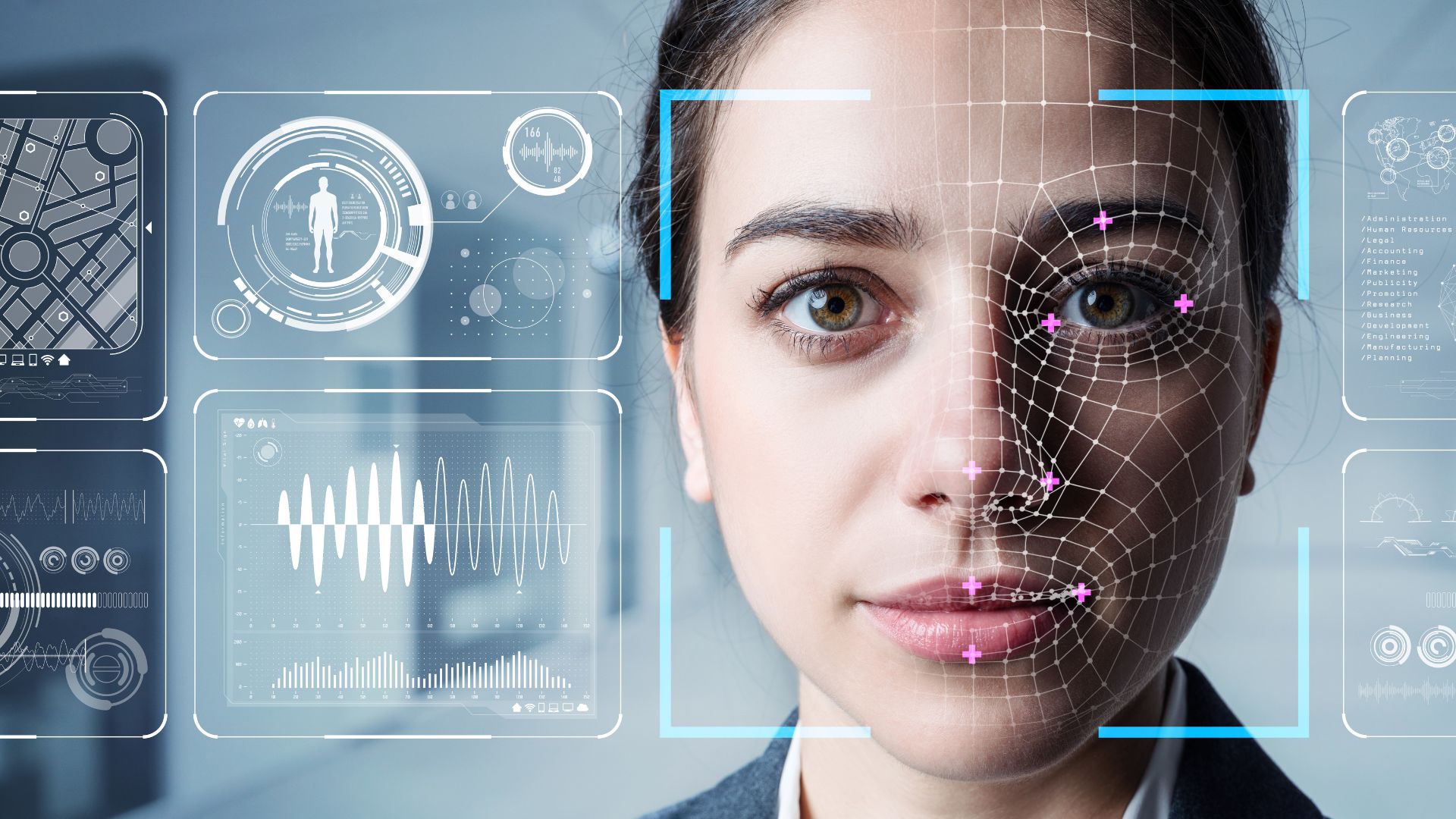What HR trends will there be in the year 2050?
Since its inception within the corporation, the HR function has continued to evolve and to structure itself. From a “staff management” service to an administrative role, it has become a true strategic partner, taking more and more part in decision-making alongside the Directorate senior management team.
Our systems are shifting, and our businesses are constantly evolving with the pace of digitalization. For a young HR graduate, there are a number of questions that need to be asked:
- What will tomorrow’s HR function look like?
- What are the ongoing changes that should continue?
- To what extent will the current crisis have an impact on these transformations?
To question the evolution of the HR function is also to question the profound changes that companies are experiencing today, whether it is the digital transformation, the outsourcing of certain services or the evolution of employees’ expectations.
An increasingly outsourced function that is refocusing
The HR function is now increasingly outsourced, particularly in the area of administrative management and payroll.
The HR leadership or Director will therefore have a more pilot role at the level of different HR providers and could refocus on tasks with higher added value in-house (defined human resources management policy, change management, succession plans, social relations, attractiveness and talent retention, etc.).
Ensuring corporate culture and quality of life at work
Alongside this outsourcing trend, the HR function is increasingly called upon to infuse a true corporate culture, from the process of recruiting its employees, and then during their integration and evolution within the company.
This role as guarantor of corporate culture is becoming increasingly important, whether because of the geographical breakdown of the structures of companies, which are increasingly internationalized, or because of the expectations of candidates and employees who, in saturated markets, have become “customers” and choose their company according to their own adherence to the culture that they perceive from it.
In such a context, the quality of life at work is of major importance, in order to attract talent and retain employees by creating and guaranteeing the conditions for employees to flourish at work. The function will therefore have to take into account the new expectations of employees, who are more attentive to working conditions and to work and family life balance.
Soft skills at the heart of the company
Additionally, “soft skills” or behavioral skills, will be increasingly important and the HR function will be increasingly required to evaluate and develop them because these skills will in fact constitute a competitive advantage for companies in this context of automation.
According to the World Economic Forum, these “soft skills” will be the most in demand in the coming years, especially analytical ability, creativity and emotional intelligence. Human beings will therefore be at the heart of digital transformation.
The role of the HR function in this area is obvious: to hire talent trained in new technologies, to train employees, to support employees in this transition, especially in declining occupations. Its role will therefore be more focused on contributing to the company’s overall strategy, a business partner role and HR development related to the attractiveness and retention of talent.
The challenge for the function will therefore, more and more, be the construction of a collective of work from fragmented individuals and considering themselves as their own employer.
The HR function, pilot of digital transformation
The HR function will also have to follow technological developments by digitalizing, developing HRIS and cloud solutions adapted to new challenges and more generally modernizing its modes of communication, in order to improve its quality of service, whether in-house with employees and management or with providers and candidates.
It will have to take advantage of the technological developments and the computer tools at its disposal in order to analyse the problems encountered, to be a strength of proposition to the Management and to lead the implementation of the new processes while ensuring that the employee finds his place.
The HR function must also be able to justify its action and its added value to management, employees and management. To do so, it must be able to assess its action by tangible, rational and objective indicators. Using digital tools will allow the HR to have the data and indicators to assess its performance and thus establish its credibility and strategic role.
The digital transformation that has been going on for several years, coupled with the global crisis we are going through today, will lead more and more to new ways of working (remote work in particular). In some companies discovering this new organization, the HR function will have to accompany employees so that this change is not experienced as a dehumanization of work but rather as an opportunity for employees to gain autonomy, responsibility and, as discussed above, quality of life (balance of work and family life).
Digitalization will not only transform the way people work in the company, but they will also impact the human resources business because it is the HR that will have to plan, organize, support and manage the digital transition of the different businesses in the company.
The refocusing of the HR function will therefore also take the form of supporting change and implementing it with employees. Again, the role of HR will be to ensure that changes are in line with the corporate culture and that impulse developments are understood and accepted by employees and that employees appropriate them.




